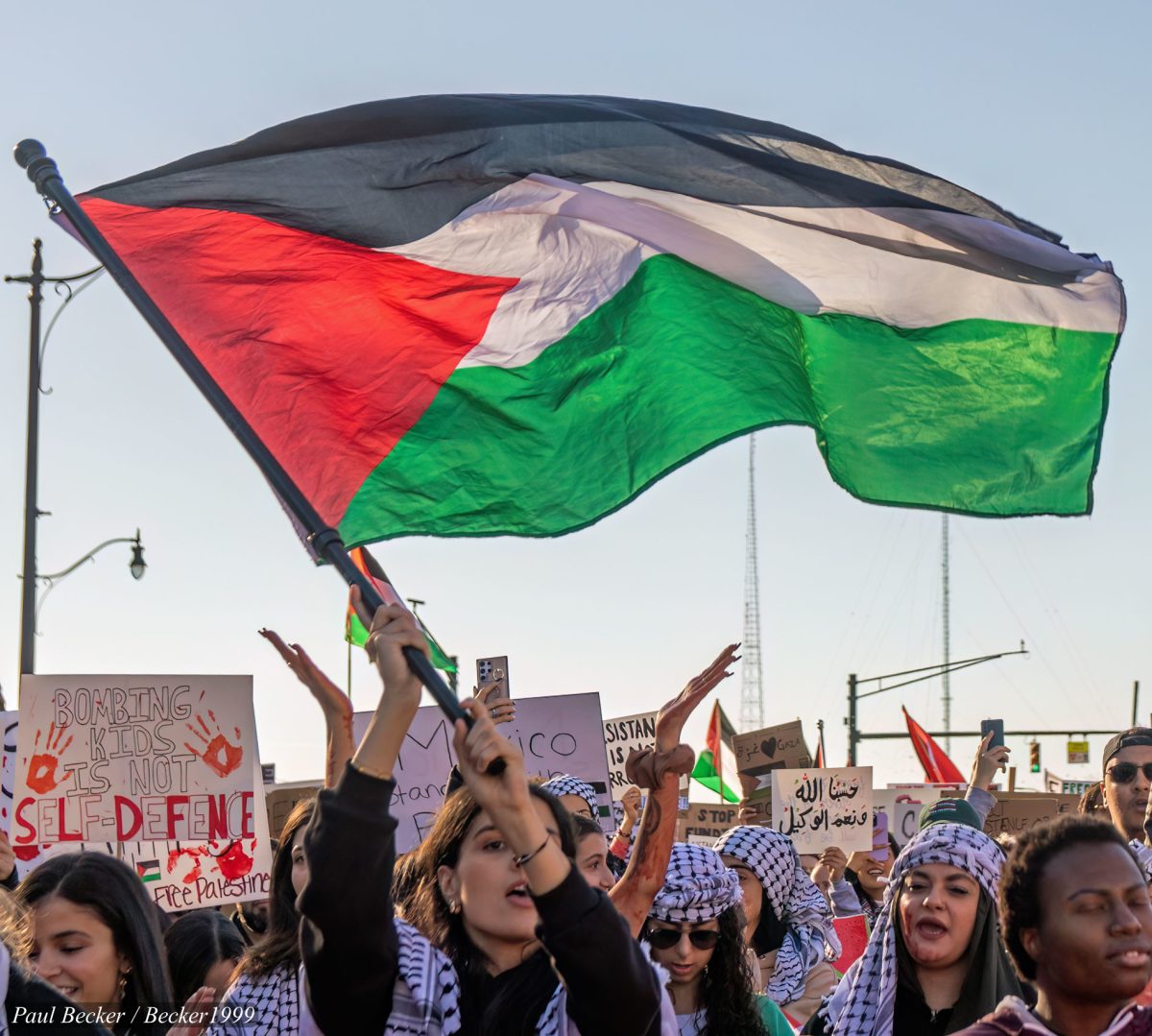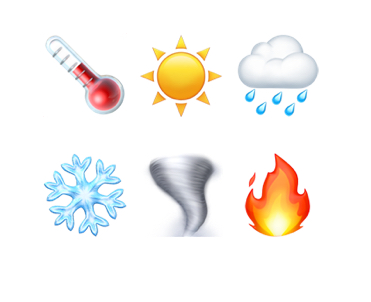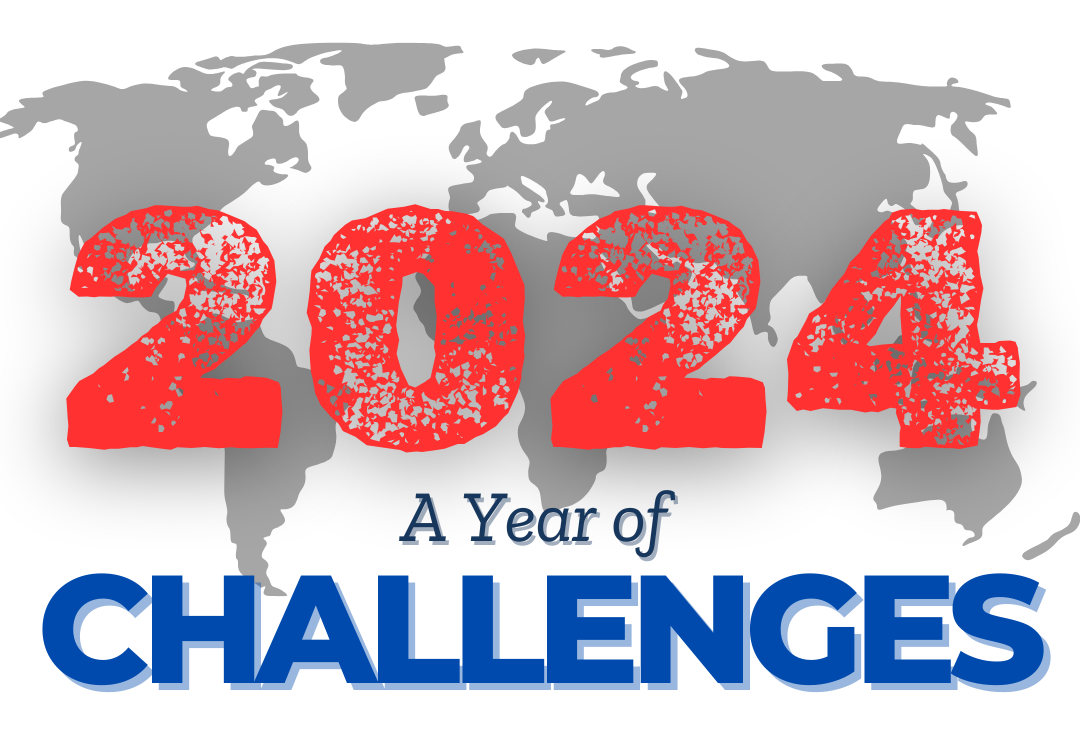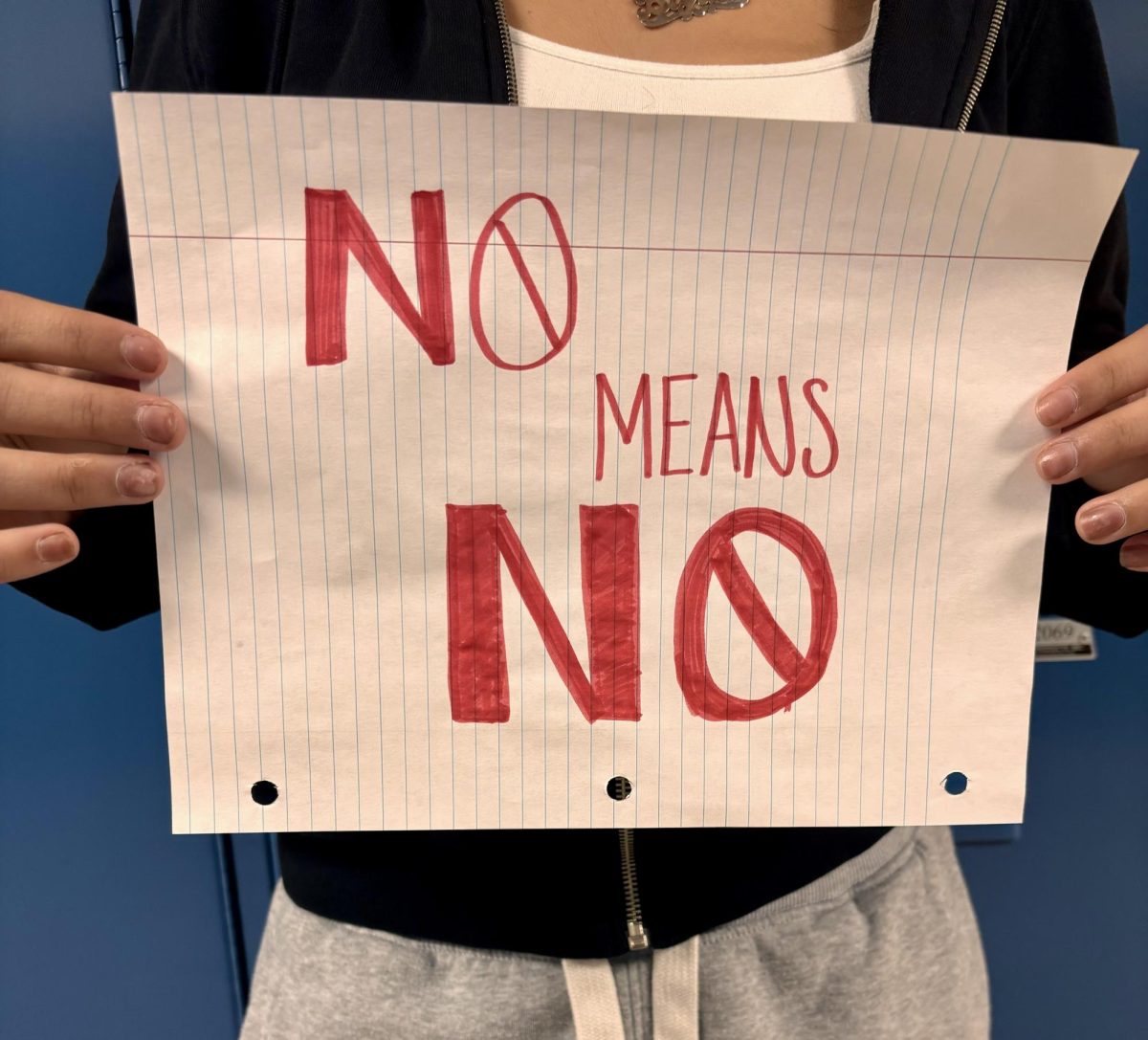It has been over a month since Israel’s genocide of Palestinians in Gaza began. It has been ruthless, bloody, and heartbreaking for millions of people around the world. So far, no major powers are taking action to end Israel’s assault. According to Relief Web, at least 18,000 Palestinians have died, 70% of them women and children, as of December 10. The conflict is one of the deadliest points in Israeli-Palestinian history. There are many arguments defending Israel, but do they hold up? What does the future look like for Palestine?
Origins of Palestine’s plight
The invasion is the latest of the many intervals in the Palestinian struggle. Settler colonialism is its roots, as Israel is supplanting Palestinian society in place of an ethnonationalist Jewish one. A common defense of Israel is that it’s simply the original homeland for Jews, with Palestinians being the real colonizers. But according to many Zionist ideologues, Zionism being the ideology adopted by Israel, this view doesn’t hold up.
For one, Theodor Herzl, the father of Zionism and the founder of the World Zionist Organization, stated many times that the movement was colonialist. He stated in The Jewish State that Jewish colonization would occur under a chartered company in England that would have “colonial tasks.” Besides using the words “colony” and “colonist” numerous other times, racist colonialist ideas also showed up. He stated that the Jewish state would be a “rampart of Europe against Asia, an outpost of civilization as opposed to barbarism.”
Eventually, ethnic cleansing would mark the founding of Israel. During the 1948 war, seeing the country’s founding, 750,000 Palestinians were ethnically cleansed from Palestine in an event named the Nakba. Despite making up 33% of the population, Israel occupied 77% of Palestine by the end of the war.
Drew Biri, teacher of AP US history and advisor of Rho Kappa National Social Studies Honor Society, agrees with this assessment. He stated that due to “Its location to the Arab World and the Middle East in general that we can gain access to military intelligence.” Even in this assessment, he agreed that Israel hasn’t been conductive for peace. Its benefit is rooted in Western military dominance.
Hamas’ Resistance
As a result of all the oppression Palestinians have faced, Hamas launched an attack against Israel on October 7, attacking a festival, and taking hostages. Israel responded with a brutal bombing campaign, a crippling blockade, and an ethnic cleansing. Contrary to popular belief, Hamas is a popular organization. Polling from November 22 to December 2, the PCSPR confirmed that about 69% of all Palestinians were satisfied with Hamas’ performance. 72% also agree that its attack on October 7 was just. Ever since October 27, Northern Gaza has seen an intense ground war.
This recent offensive against Israel has sharply divided the country, with many supporting Israel’s actions, but a poll by Data for Progress confirmed that a majority of Americans at least want a ceasefire, 66% to be exact. On the contrary, the US government has continued to support Israel, sending warships and readying 2,000 troops to defend it from foreign intervention. Even though the Senate blocked $14.3 billion in military aid for Israel, albeit on partisan lines, it’s still continued to send arms. Biri agrees with most Americans when he says that although we spend a lot of money on Israel, the benefits don’t really outweigh the cost.
Myths and Facts
Israel spread a lot of misinformation about the attacks on October 7. For example, it never verified its claims about Hamas beheading 40 babies. It lowered the Israeli death toll from 1,400 to 1,200, and even then many of those killed were serving in the military. Israel’s list on X of the dated 1,400 dead Israelis corroborates this. Many of them had army terms in their names, as shown by MintPress News. The state tries to frame the resistance as killing more civilians than it actually does to push a narrative. There are still some objections though. Biri still agrees that Hamas is the aggressor, saying “These actions are done to get Hamas to return those hostages, can you negotiate with a terrorist organization? I doubt it.” Do these views hold up to the facts?
Israel’s Atrocities
Israel is continuing to murder Palestinians with impunity. It announced on October 9 that Gaza would have a total blockade imposed on it. The strip has stopped receiving food, fuel, and electricity. As a result, conditions in Gaza deteriorated even more. A lack of fuel has affected hospitals, crippling their ability to serve the sick and injured. One was the Turkish-Palestinian Friendship Hospital, the only cancer hospital in Gaza. It shut down on November 1. The destruction has completely stopped all water treatment, as October 17 saw the shut down of the last desalination plant. Even before the war, 97% of all water was undrinkable according to Euro-Med Monitor.
The bombing campaign is in an unprecedented level of cruelty. As of December 8, 60% of all housing in Gaza was damaged or destroyed according to the UN. Due to the sheer destruction, 1.9 million Palestinians have been internally displaced. There is the frequent targeting of Hospitals, Schools, ambulance convoys, humanitarian corridors, and more. 63 journalists have died, according to the CPJ and telecommunications blackouts have occurred multiple times. To justify these atrocities, Israel claims that these buildings are being used as secret Hamas bases, and that the civilians in them are simply body shields. This narrative has been largely accepted by US media, even though little evidence is presented to back it up.
The Ceasefire
From November 24 to November 30, a ceasefire was finally implemented in Gaza. This was in spite of the fact that the US does not want one, as evidenced by the fact that on October 18, and December 8 it vetoed a UN resolution for humanitarian ceasefires in Gaza.
During the temporary break, 240 Palestinians and 110 Israelis were released. Contrary to what some believe, Israeli hostages overall lived in decent conditions, as some freed hostages described to AP News. They were fed well, and some children were even given sweets. Conditions did deteriorate overtime, but this was due to Israel’s cut-off of all supplies into Gaza. Unlike Biri, Habiba Fahmy, an Egyptian Arab-American and Vice President of the French Honor Society, sees the Palestinian side. She commented that there should be a permanent ceasefire, and that ultimately “Palestinians don’t want anything bad for innocent people, they just want their homes to be left alone and their families to stop being killed.” Meanwhile, released Palestinians have reported that they routinely faced beatings, and torture and were deprived of basic supplies such as food and water.
Genocide of Palestine
Israel’s manner overwhelmingly fulfills the terms of genocide by the United Nations definition. It states that genocide means the “Intent to destroy, in whole or in part, a national, ethnical, racial, or religious group”. The first term, killing the targeted groups members, the second term, causing serious or bodily harm to the group, and the third term, imposing conditions that would in whole or in part destroy a group, all apply to Israel. It is murdering Palestinians no matter their age, occupation, and political alignment. The death rate is so high, that 47% of the population in Gaza is under 18. Statista estimated that the infant mortality rate for Israel was 2.7 in Israel, while the World Bank estimated Gaza’s rate to be 22.7, larger by almost a factor of 10.
Intent has been shown in multiple ways. Israel conflates mass murdering civilians with fighting Hamas, saying that it must win in order to defend the free world. There is the constant dehumanization of Palestinians, being called animals, rats, and snakes. Prime Minister Benjamin Netanyahu even called Gaza the “city of evil”. Since Israel is attacking Hamas, the prime resistance of the indigenous people of Palestine, this treatment must extend to all Palestinians. People will continue to join Hamas as long as Israel oppresses Palestinians, and the only way for Israel to deal with this is through genocide.
What’s Next for Palestine?
Western governments and companies have pushed back against the anti-Israel movement. 37 US states have employed anti-BDS laws as of July 2023, justifying them under the guise of fighting antisemitism. The ADL, a prominent organization supposedly fighting back against anti-Jewishness, also lists anti-Zionism as a form of antisemitism. This is contributing to the narrative of a massive rise in antisemitism that media outlets such as CNN report on. Companies are firing people for “antisemitic” social media posts. Nevertheless, many people still fear the issue. Samuel Rubin, a Jewish American and member of the International Thespian Society who’s ancestors immigrated from Europe after World War 2, states that there’s been moments where Jewish people have been attacked, “Even though they have no influence on what goes on in Israel.”
At the same time, it seems that the anti-Israel movement has been gaining more traction due to their atrocities in Gaza. Its goals are a ceasefire, the diplomatic and economic isolation of Israel, and a cut-off of military aid until Israel ends its oppression of the Palestinians. Protests are growing and growing, with the National March on Washington on November 4, seeing 300,000 people attend, as well as a protest in London enjoying around the same amount. On October 17, the US capitol was taken over by Jewish protestors and was attended by Palestinian representative Rashida Tlaib.
Another Point of View
A rise in anti-Arab racism has also been reported. CBS reported that there was a 216% increase in islamophobia and anti-Arab racism from October 7 to November 4. Habiba agrees. She said that there has definitely been a rise in assaults, and that she worries for her and her family. In October, a 6-year old Palestinian-American was stabbed to death in what authorities thought was a hate crime. In November, 3 Palestinians college students were shot and wounded in what was also called a hate crime. Seemingly, the question of which bigotry has become worse is much more complex than people think it is.
More people are joining BDS (Boycott, Divestment, Sanctions). It is a major organization calling for the economic, political, and cultural boycott of Israel until it decolonizes Palestine and gives equal rights to all.
Conclusion
Overall, although the anti-Israel movement has a long way to go. Accusations of supporting terrorism, genocide, and antisemitism are constantly launched against it. Nevertheless, it seems to have stronger support than before. Both sides agree, as Samuel said that “People can do what they can to protest.” Habiba went beyond, saying that people can donate, petition, boycott and so on. Just like with South Africa, after decades of organization, support may change in their favor as an increasing amount of people are made aware of Palestine’s struggle.








